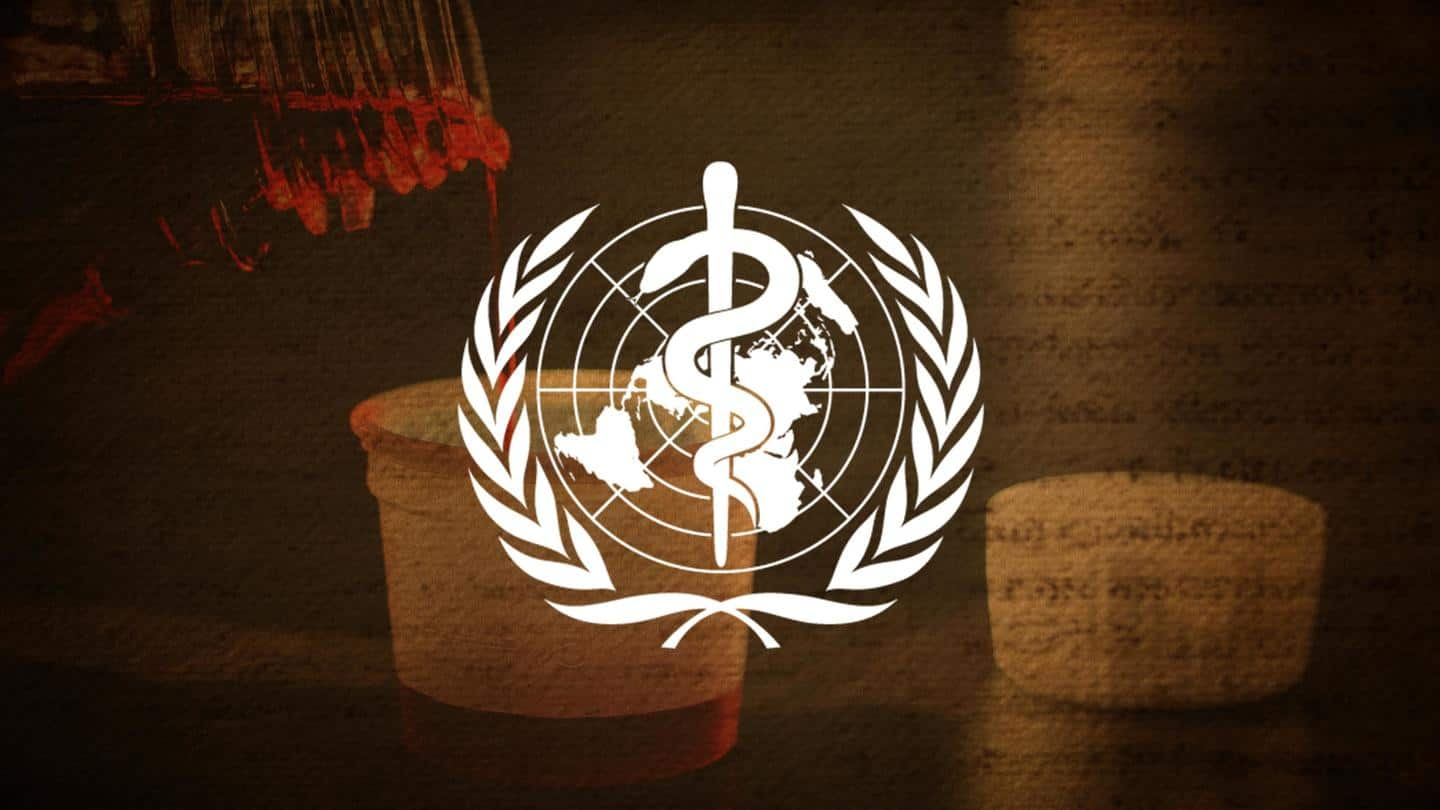
66 Gambia deaths: Centre probes Indian company's 4 cough syrups
What's the story
After the death of 66 children in the Gambia, the World Health Organization (WHO) issued an alert against using four fever, cold, and cough syrups manufactured by Maiden Pharmaceuticals Limited — an Indian pharmaceuticals company based in Haryana.
India's top regulatory authority, the Central Drugs Standard Control Organisation (CDSCO) launched an investigation after being informed about the matter on September 29, AFP reported.
Context
Why does this story matter?
Over the last few months, scores of children aged under five years died within days of being administered a locally sold paracetamol syrup.
Medical officers of the west-African country raised an alarm and an investigation was opened on July 19.
The Gambian health ministry issued an advisory on September 9, a month after the death of at least 28 children from kidney failure.
Twitter Post
All countries detect and remove the product from circulation: WHO
"The four medicines are cough and cold syrups produced by Maiden Pharmaceuticals Limited, in India. WHO is conducting further investigation with the company and regulatory authorities in India"-@DrTedros https://t.co/PceTWc836t
— World Health Organization (WHO) (@WHO) October 5, 2022
Information
Contains dangerous levels of diethylene and ethylene glycol
Calling the loss of lives ''heartbreaking,'' WHO Director-General Tedros Adhanom Ghebreyesus said that they had identified four contaminated medicines which could have contributed to the deaths.
The medicines in question are Promethazine Oral Solution, Kofexmalin Baby Cough Syrup, Makoff Baby Cough Syrup, and Magrip N Cold Syrup.
Laboratory analysis confirmed the products had unacceptable amounts of diethylene glycol and ethylene glycol as contaminants.
Details
Firm provided no guarantee on safety, quality
The said contaminants are toxic and could be fatal to humans.
Its effects include abdominal pain, vomiting, diarrhea, difficulty in passing urine, headache, altered mental state, and acute kidney injury leading to death.
To date, the company has not given any guarantee to the WHO relating to the safety and quality of the medicine.
The WHO is also conducting an investigation into the matter.
Supply
Global exposure possible: WHO
Licensed by the Haryana State Drugs Controller, Maiden Pharmaceuticals has exported the said medicines only to the Gambia until now, PTI reported.
However, the WHO said these medicines could have been supplied to other countries in Africa through unregulated channels.
The firm could have used the same contaminated material to manufacture other products as well, indicating the feasibility of global exposure.